Industry veteran Yanghyong Kim is the new country president of KLA Korea, bringing almost three decades of deep experience on the manufacturing and supplier sides of the semiconductor business to the position.
“One of my priorities is getting to know the people I work with – from customers around the world to our employees – so we can pursue KLA’s vision to advance humanity. I want KLA Korea to engage with all global stakeholders to address our challenges and explore new opportunities so we can continue moving our industry forward.”
Yanghyong Kim, country president, KLA Korea
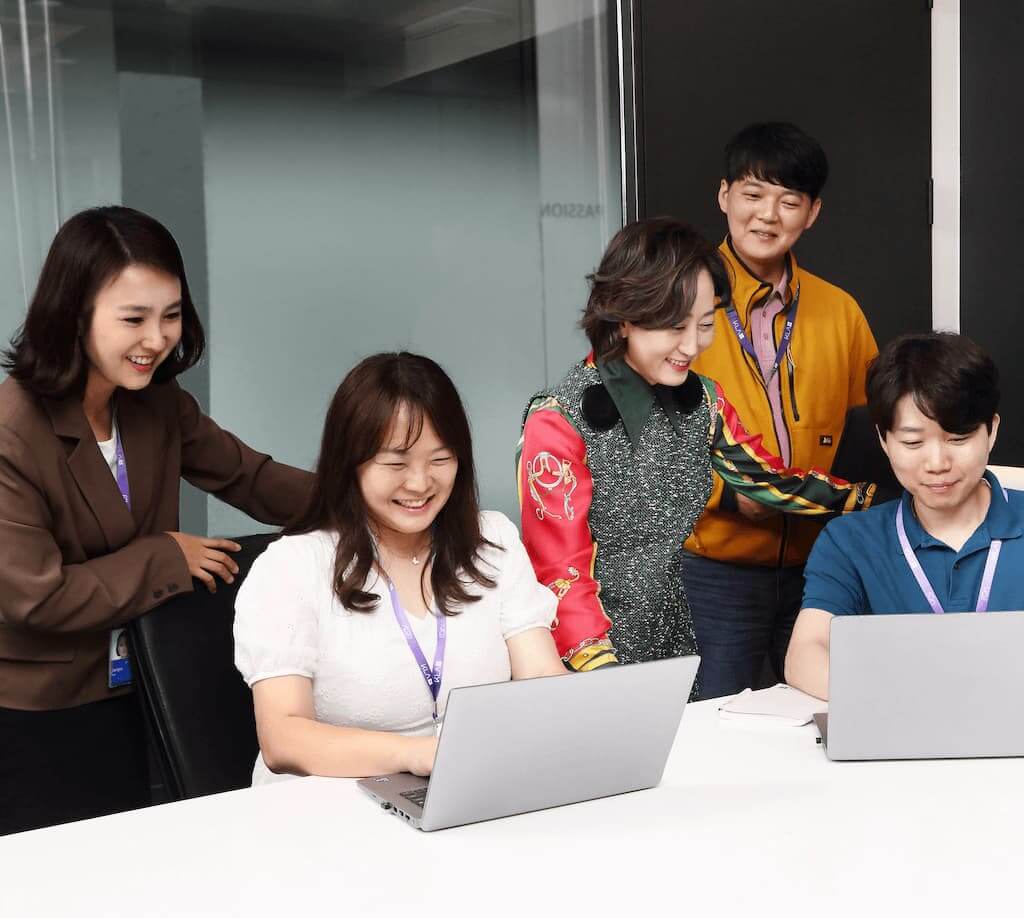
Yanghyong’s Goals for KLA Korea
Topping Yanghyong‘s agenda is sustaining KLA Korea’s growth during a time of disruptive change in technologies, strengthening the company’s leadership by driving new innovations that support customers and nurturing the talent pool across all sites in the country.
“Right now, the semiconductor business is very important around the world, and due to technology and competitive challenges we haven’t experienced before, our diversified team must think outside the box,” Yanghyong says. “KLA and our customers are industry leaders with a long history of innovative thinking and finding unconventional solutions that deliver success.”
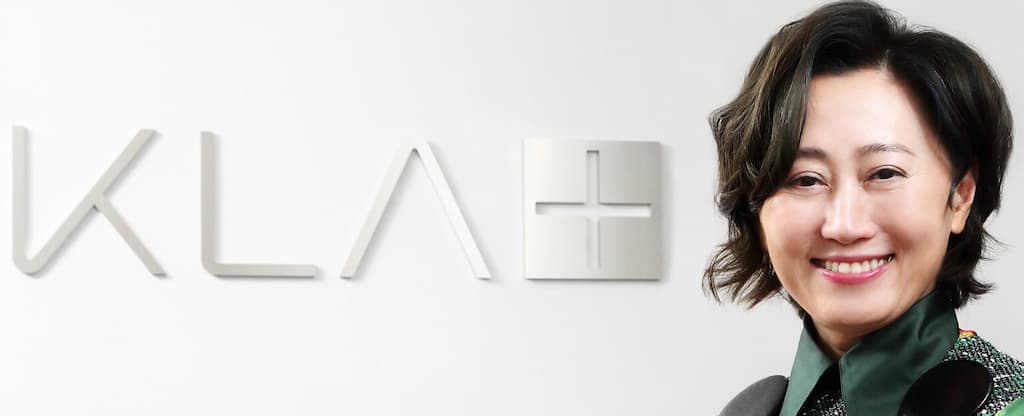
South Korea’s ‘Very Hot’ Electronics Market
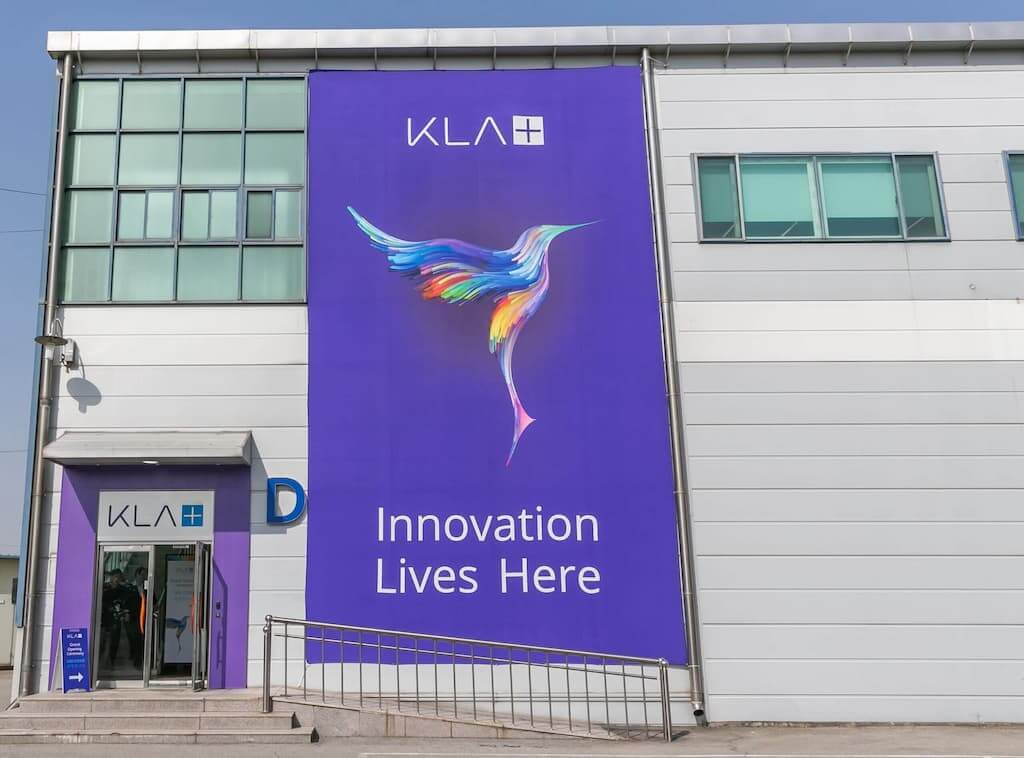
Yanghyong describes KLA Korea as “deeply engaged with semiconductor customers,” but foresees growth opportunities in artificial intelligence as well as continued development of software and packaging solutions.
KLA Korea, headquartered in Dongtan, South Korea, offers product installation, customer support and applications engineering as well as KLA’s industry-leading process control and process-enabling solutions to customers based in the region.
In addition to 13 offices as well as sites in Icheon, Pyeongtaek, Cheongju and Gumi, KLA opened a new manufacturing facility for flat panel displays in Cheonan, Chungcheongnam-do and a Learning and Knowledge Services (LKS) training center in Yongin, Gyeonggi-do, both in April 2023.
“In two words, the electronics business in South Korea is ‘very hot’ – that’s why major companies in our industry are building additional facilities here,” Yanghyong says. “The reason it’s hot, I believe, is that South Korea has all of the required high-tech companies such as consumer electronics, 5G, automotive, IT and even entertainment to lead the global industry. The industry here is positioned for future growth, and KLA Korea is deeply engaged with key customers in multiple sectors. KLA and our customers will do very well together in these areas.”
Supporting Revolutionary Change in the Global Transportation Industry
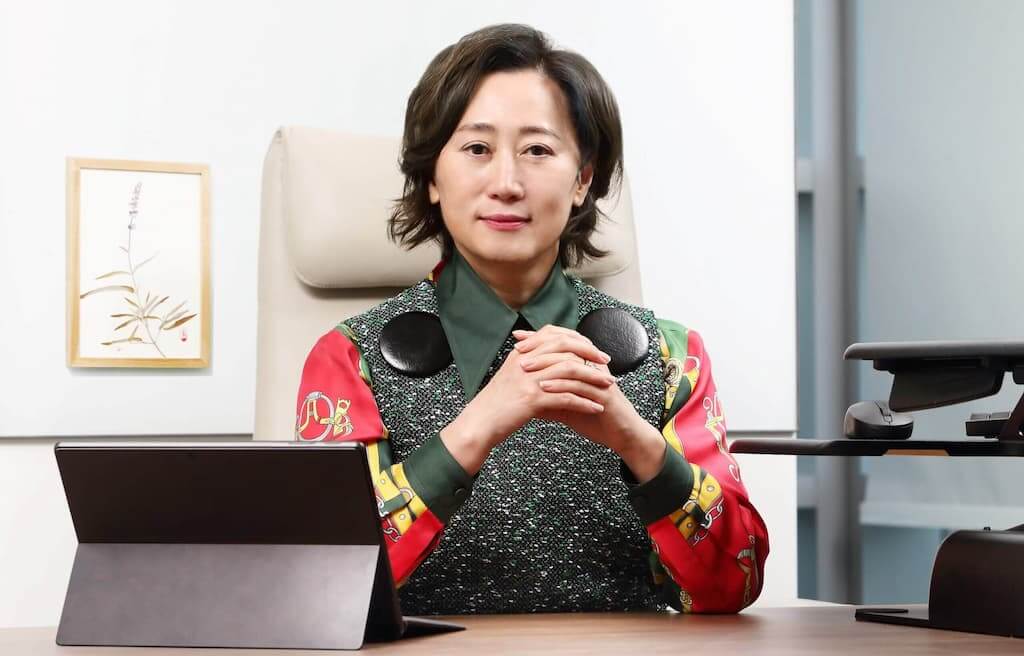
Fueled by demand from two global automotive OEMs and suppliers based South Korea, Yanghyong expects the booming semiconductor industry to benefit from revolutionary changes taking place in transportation that include electric and autonomous vehicles.
“The semiconductor market will grow as demand increases for these new vehicles,” she says. “As the electric vehicle (EV) market expands, we expect memory and foundry demand to grow, presenting KLA Korea with diversified opportunities on top of market growth. This future growth will continue as EVs, autonomous driving and other emerging technologies in the automotive sector continue to evolve.”
Challenges and New Beginnings
Long term, she says, customers will increasingly invest in 3D devices, presenting new technical issues and opportunities.
“Although the industry could potentially face yield issues due to new process challenges, KLA will continue to lead as manufacturers creating novel technologies seek solutions within their operations – this is an area where KLA’s differentiated technology delivers real advantage to customers.”
Yanghyong’s own leadership journey and career in high-tech began after earning a Bachelor of Science in inorganic materials engineering from Seoul National University and Ph.D and Master of Science in materials science and engineering from Iowa State University. Before joining KLA in 2013, she worked in technology and customer interfacing roles for two South Korea-based electronics companies.
“Today, our industry faces new challenges, which strengthens the need for diversity in engineering and other positions in our organization,” she says. “One of the reasons I’m in this leadership role is that when faced with a challenge, I’m able to resolve issues when others cannot. My perseverance developed because as a young woman in engineering, I had to overcome many different challenges. These unique perspectives and experiences will be valuable when we face new challenges.”
‘Anything is Possible’ but ‘Nothing is Free’
Yanghyong’s favorite book is “First Man in Rome” by Colleen McCullough, an historic novel focusing on an ethnically Italian general who rose to power in ancient Rome against all odds. “He was not a Roman general, he was Italian,” Yanghyong emphasizes, “and he overcame many obstacles and succeeded, becoming top man in Rome.”
In that, there are lessons for new generations of technologists, Yanghyong says.
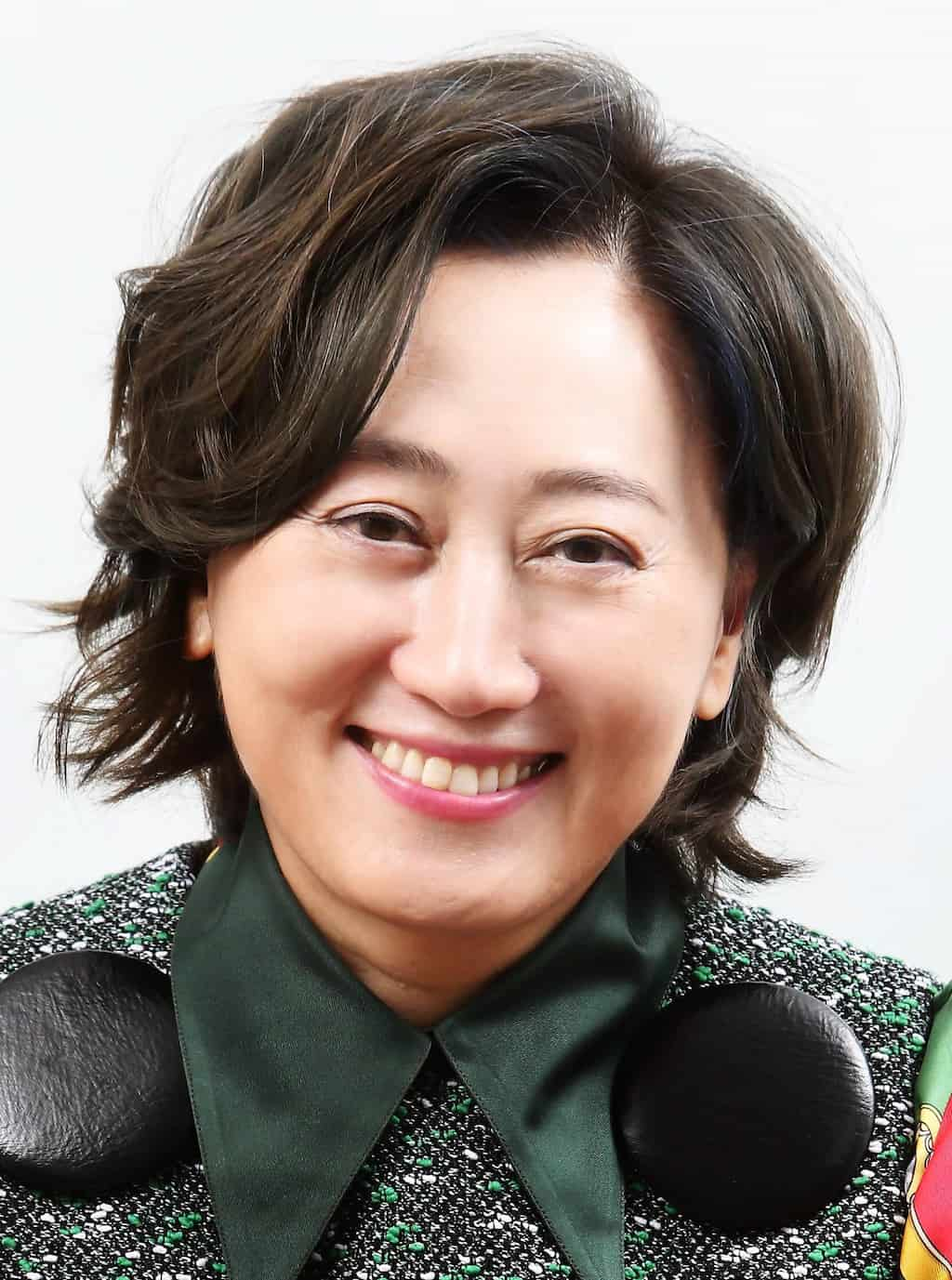
“If I’m speaking only to aspiring young women, I tell them to be ambitious, see a future. Anything is possible, but always be fair-minded by never being deceitful while pursuing your goals. Always treat other people in a fair-minded way, and expect others to respect your abilities.”
To all young people, Yanghyong also says that all things are possible, “but it’s not free. By that, I mean you will have to sacrifice something to get there, and even if you think something is unfair, you have to follow through. And remember, you will grow if you resolve issues for yourself rather than asking someone to do it for you.”
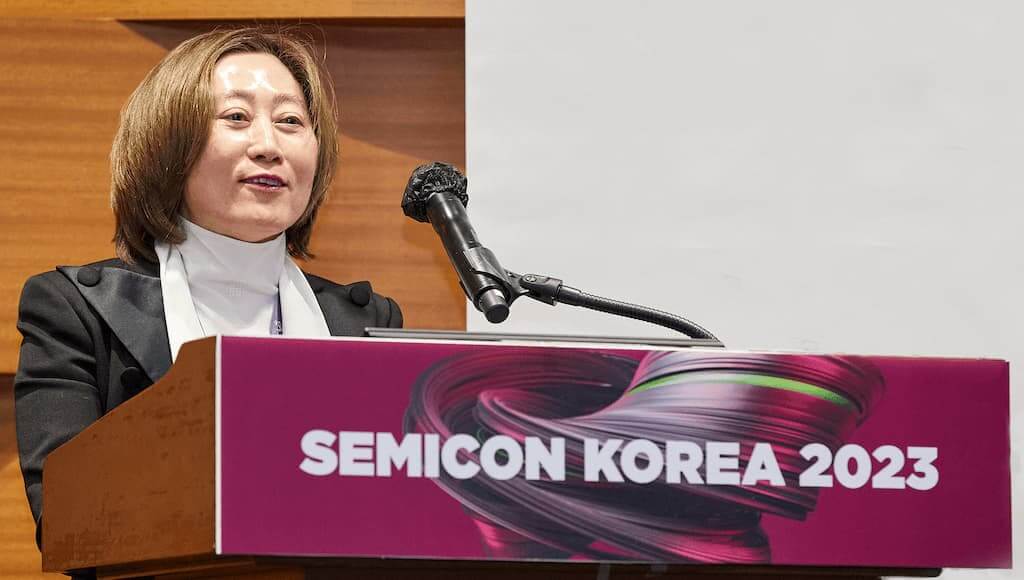
One role model, she says, is the popular Korean group BTS, which has found audiences by tapping into the anxiety and challenges faced by teens and young adults.
“Many young Koreans,” she explains, “grow up in a competitive environment and are pressured to attend the top university, work for the top company, become top doctors or lawyers and marry rich people. Because young people face this kind of stress, I talk with them about BTS because their music delivers positive messages that anything is possible in your life, but nothing is free.”
“To Boldly Go…’
When she’s not working, Yanghyong likes to garden and watch TV. The opening credits to one show in particular has been a motivator since she was a girl: “To boldly go where no one has gone before,” uttered for the first time in 1966 by “Star Trek” star William Shatner.
“That show inspires me even today,” she says. “When I was young, the futuristic technology and scientific concepts interested me, and now as an adult in a leadership position, I see how the characters collaborate, accept other species and, when faced with challenges by their enemies, they analyze problems and resolve issues. A key message was finding ways to collaborate, and this was inspirational. It’s the kind of atmosphere I would like to create at KLA Korea.”
Follow Us